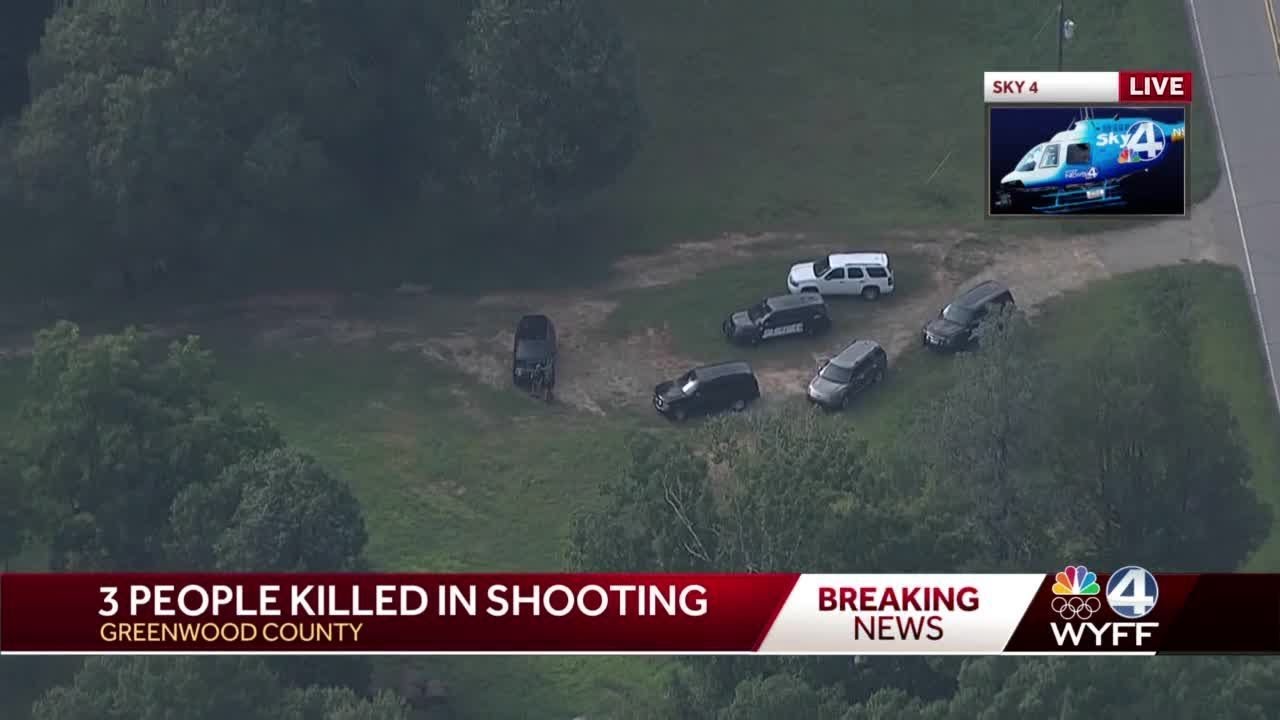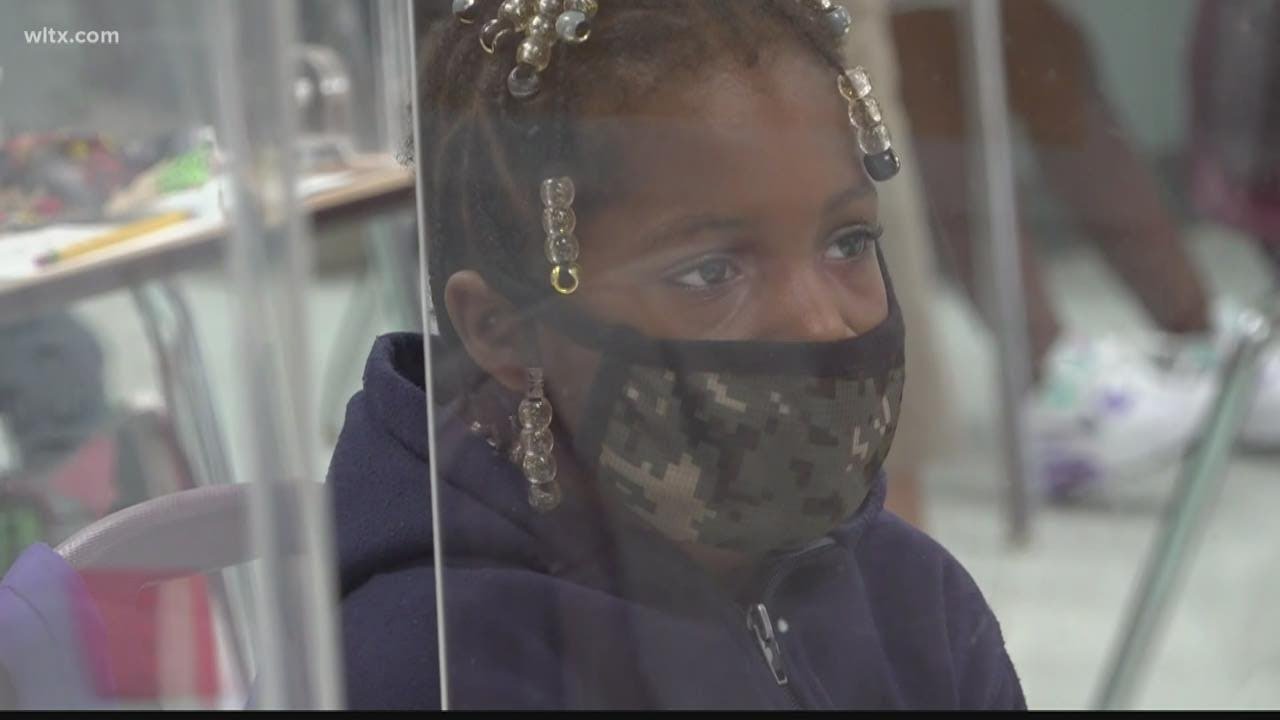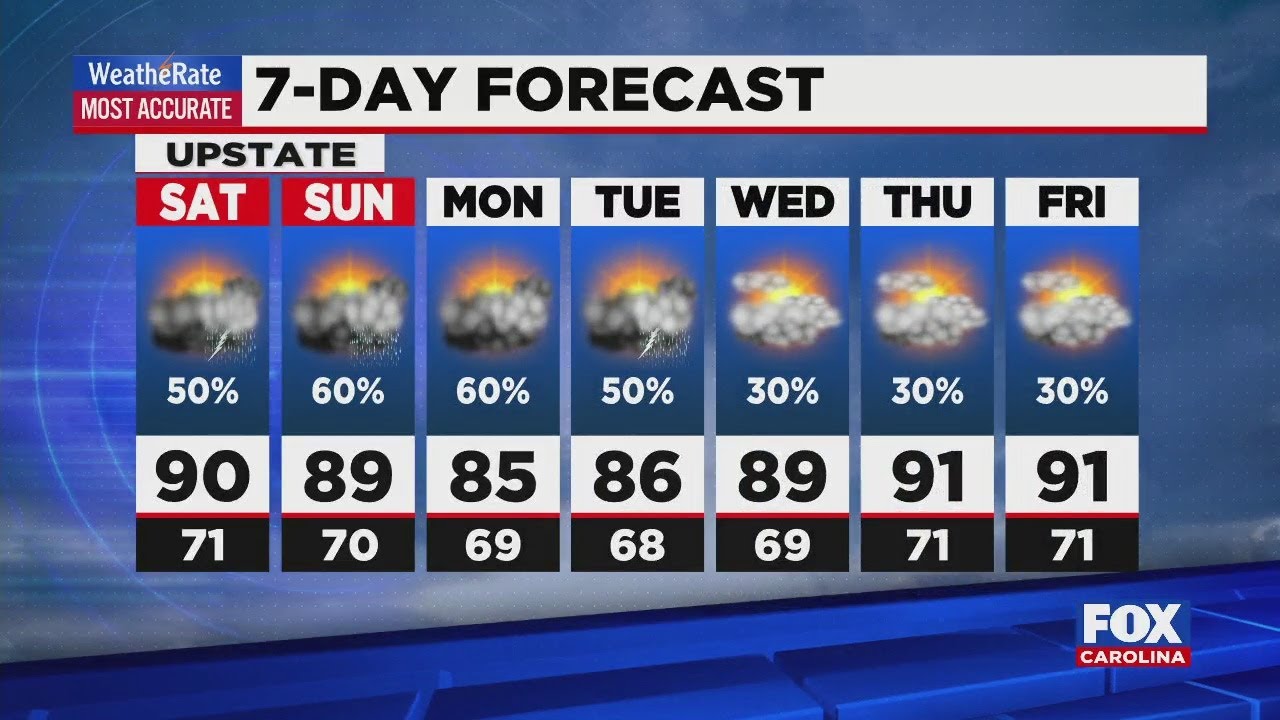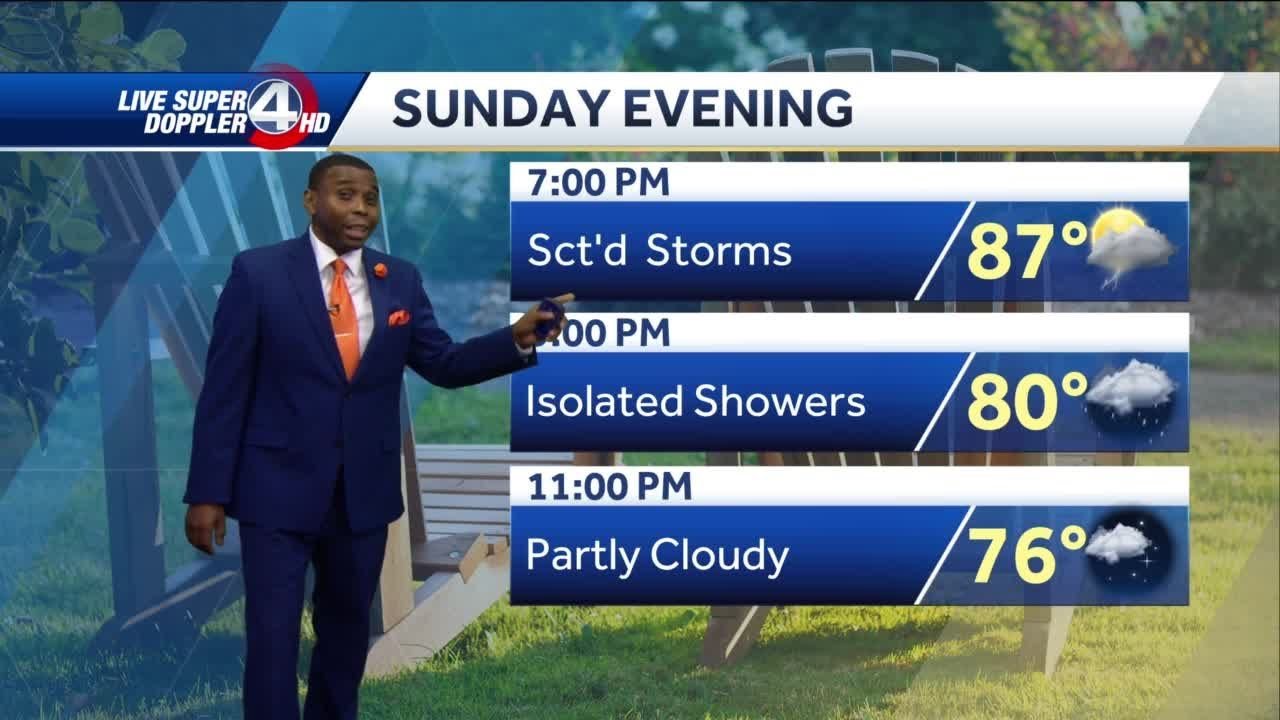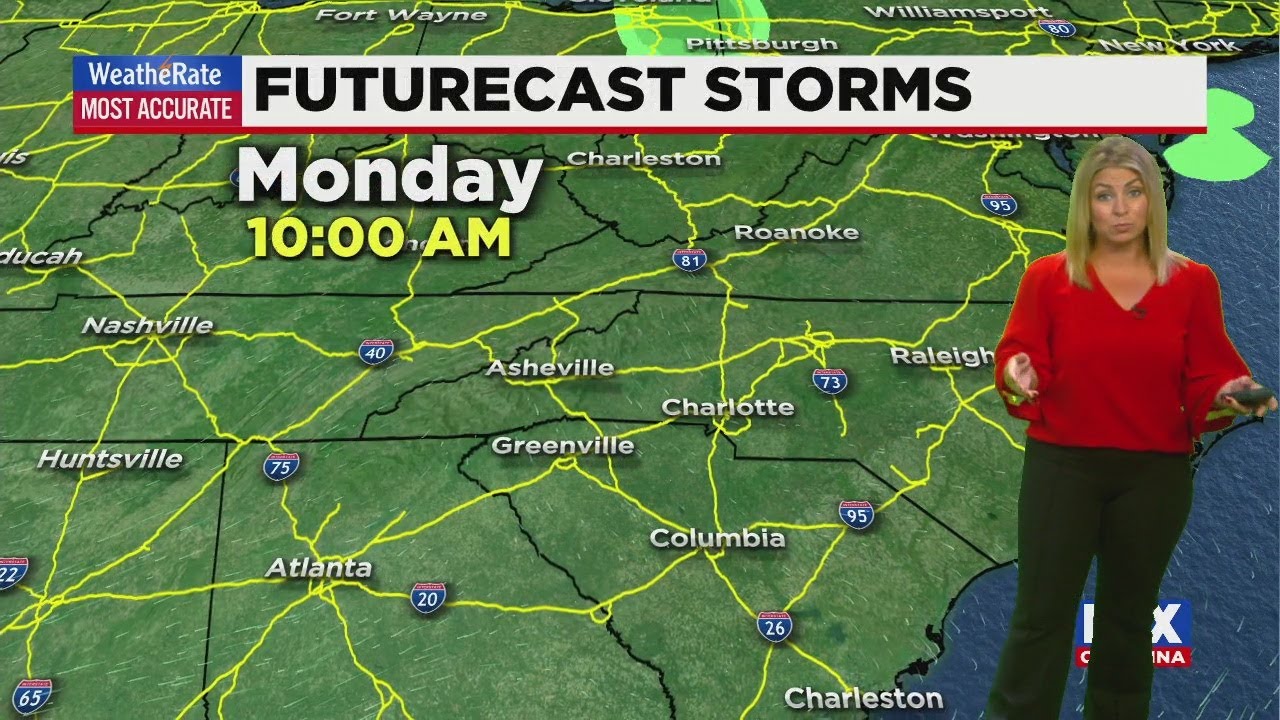For as much strife as the past year has brought us, I’d argue it’s also given us a unique opportunity—an opportunity to practice some introspection. It’s been a year that’s asked us to discover where we stand and do so unflinchingly, through a pandemic, civil unrest, capitalist exploitation, government inaction, natural disasters, and perhaps even some personal ones as well. These events—combined with isolation—have forced us to think about our futures, both how we expect and want them to look. In a year of hardships, this process can be one as well.
While I am never one to say “everything happens for a reason”—quite frankly, it’s reductive and uncompassionate—I will say I think many of us will emerge from this with a better understanding of ourselves and those around us. I think many of us will emerge with a greater sense of accountability—a critically underrated virtue. It’s my hope our greater sense of accountability can be extended to all things big and small, including the companies and goods we choose to support.
It’s no secret the games industry is one filled with, for lack of a better term, “messiness.” From lack of representation, sexism and rampant abuse, to poor labor practices and anti-consumer policies, there are many aspects of the industry those of us in it routinely condemn. But the larger question I have is what are we really doing about it? For as much as we consumers who are in the know criticize, why do we lack the ability to tie the practices we hate so much to their perpetrators? When shit hits the fan and harmful information is outed, we all step up to talk about it, but a few months later, we find reason to celebrate what we’ve condemned, and the notion of keeping things positive perpetuates this cycle of “forgetfulness.” So, let’s review. Let’s talk about “crunch.”
In the games industry, “crunch” refers to high-pressure periods of overtime during a game’s development in order to meet the slated launch date. During crunch periods, it’s not uncommon for game developers to work 60-80 hours a week and as you can imagine, it takes a toll. While the practice is frequently called out as cruel and a sign of poor leadership, time after time it happens. But some developers take a firm stance against it, developers like CD Projekt Red. Back in 2019, CD Projekt Red promised they would not rely upon “crunch” to launch their upcoming game Cyberpunk 2077. In a sea of studios with questionable workplace practices, they promised they would stoop to such levels. Until they did.
In an email sent out last week, CD Projekt Red studio head Adam Badowski stated “the entire studio is in overdrive” and will be working a mandated six days a week. Badowski then wrote, “I know this is in direct opposition to what we’ve said about crunch. It’s also in direct opposition to what I personally grew to believe a while back—that crunch should never be the answer. But we’ve extended all other possible means of navigating the situation.”
At this point, I think I’m more disappointed than infuriated. Here we had a studio trying to do better. Trying to uphold fair labor practices and establish a workplace culture that valued their employees as much as their consumers. But when push came to shove, CD Projekt Red chose numbers over their people. When it came to “navigating the situation,” they decided their personal beliefs weren’t quite strong enough to remain standing—and it’s a real blow. But of course “crunch” isn’t a CD Projekt Red problem. Hell, this doesn’t even address all the various parts of the problem. So let’s take a look at Naughty Dog.
Prior to the release of 2020’s The Last of Us II, an article digging into the labor practices of videogame studio Naughty Dog was published, outing the studio’s “unstable” work loads during the development of both The Last of Us II as well as Uncharted 4. A developer, who chose to remain nameless, stated that at Naughty Dog, “the implication is: ‘Get the job done at all costs.’”
In response to this piece, Naughty Dog’s creative director, Neil Druckmann, told GQ the following:
“We draw people who want to tell these stories and who want to leave a mark on the industry,” Druckmann said. “And they’re gonna work very hard to do it. We need to put some guardrails [in] so they don’t injure themselves, but I don’t think we could prevent them from working hard and still make the kind of games we make.”
The problem with this statement is not only is a person in power essentially absolving themselves from ownership of this problem, but there’s a larger implication here. Druckmann states that those who want to “leave a mark on this industry” are those who overwork, using his voice to validate the fear that developers have that crunch an implicit expectation and thus perpetuating the problem. His statement also reinforces the idea that good work is derived from overworking, despite studies showing the more hours you work, the less productive you tend to be. But there’s more.
In 2018, Rockstar faced criticism after co-founder Dan Houser alluded to crunch in an interview with New York Magazine. After various outlets reported on this, he released a statement explaining his reasoning:
“We obviously don’t expect anyone else to work this way,” Houser said. “Across the whole company, we have some senior people who work very hard purely because they’re passionate about a project, or their particular work.”
In 2019, former Kotaku editor Jason Schrier published an article on the studio practices of BioWare, in which a former developer told him, “I actually cannot count the amount of ‘stress casualties’ we had on Mass Effect: Andromeda or Anthem. A ‘stress casualty’ at BioWare means someone had such a mental breakdown from the stress they’re just gone for one to three months. Some come back, some don’t.” In an official blog published in response to this article, BioWare said, “We don’t see the value in tearing down one another, or one another’s work. We don’t believe articles that do that are making our industry and craft better.”
And the same things happened at Epic. And NetherRealm. And Telltale. And, of course, CD Projekt Red. And everyone wants to fix it, right? But how can you when it’s merely the result of overeager employees and intense passion, when it’s just an exception, not an expectation. But when those who are “less passionate” lose their contracts and job opportunities, what are we, and their employees, supposed to think? It reaches a point of emotional manipulation.
There is capitalistic belief in all fields and industries that it is only by pushing ourselves to our breaking point that we can earn recognition and achieve greatness. And there’s the smallest kernel of truth in it, which makes it easier to buy into. Great things do happen outside of our comfort zone, healthy competition is good, and, of course, having passion for your work is fantastic. But when you are pressured into cutthroat competition and maintaining a zealous facade at all times—when you lose possession of your passion—all those good things I listed up there? They erode.
Game developers deserve better than high turnover rates, job instability and debilitating stress. After all, they are the most vital part of an industry that is rapidly growing—an industry that is constantly creating both space and adequate wealth for all who want to be involved. So why aren’t they reaping the rewards? Why is this the culture that’s been created?
It’s futile for me to pull out my soapbox and say it’s on us, dear reader, to fix all of these issues. By and large, most of us are not in positions where it’s within our ability to do so, but that doesn’t mean we can’t show some accountability. It’s important to understand that one of our greatest strengths as humans can also be one of our greatest weaknesses—simply put, we keep going. It’s therefore extremely important for us to be mindful of what we leave behind as we do, because many times, it’s our outrage.
And that doesn’t sound so bad, right? It’s hard work, lugging around pain or disappointment. But when we move on to the next thing—cave into distraction, hype or whatever you want to call it—we leave the battlefield, and our progress can be lost. The work we’ve done can ring as performative, and I like to think we all care far too much about far too many things for us to leave it at that.
When we have conversations about games, it is on us to engage with them thoughtfully and hold their content and creators accountable—even when it’s hard, even when they push back, even when the creators are our friends. We can like them, love them, cherish them, loathe them… critical analysis requires no set level of devotion or disdain. Ultimately, how we feel, while important, is a separate issue that doesn’t matter here. What does matter is that we take the time to step aside and ask ourselves: do the messages within this game, and the practices involved in making it, reflect my own? If not, why? If not, how does that make you feel? And, if not, how could they?
And of course no person, game or company is beholden to our standard or beliefs, but if these things don’t align, do we want to be beholden to them? I loved Harry Potter growing up. Adored it. And while the feelings are more complicated now, an imprint and some love will always remain. But do I want to buy Hogwarts Legacy when that game is lining the pockets of a woman who has outed herself as transphobic and Warner Bros. Games President David Haddad has stated it’s acceptable for her to think that way? Personally, no, I can’t do it. Bur please make no mistake, this isn’t to say I’m perfect or absolved or something. We all have our vices.
I love the Persona games, despite all their glaring issues. I get excited for the same AAA games seemingly everyone else gets excited for, despite knowing the labor practices that went into them. But what I try my hardest to do is fairly acknowledge these faults and talk about them—loudly, frequently, and on the platforms I have. I try to be cognizant, vocal, re-evaluate how I feel, and, most importantly, take time out to listen and understand how others feel. It is my greatest ambition to keep myself accountable, and I’m lucky to have friends and a community around me that helps me do so.
All this said, I’m not a developer. I don’t understand all the various highs and lows of creating a game, the strain of crunch or the joy of “going gold.” But I understand the hundreds of voices I’ve heard speaking up about the same god damn issues time and time again, and I refuse to move on and forget. I understand that while I can’t speak for anyone I am not, whether that relates to sex, gender, race, career, etc.., I can speak up. And I will continue to do so despite whatever shit is hurled at me in the hope that each and every year, there’s less shit thrown on others. We’re all in this industry together, whether we’re developers, publicists, journalists, creators, players or something in between. I feel like it’s safe to say we want this space to be one that brings happiness to those involved—a space where creativity flourishes and all people feel both welcomed and valued.


